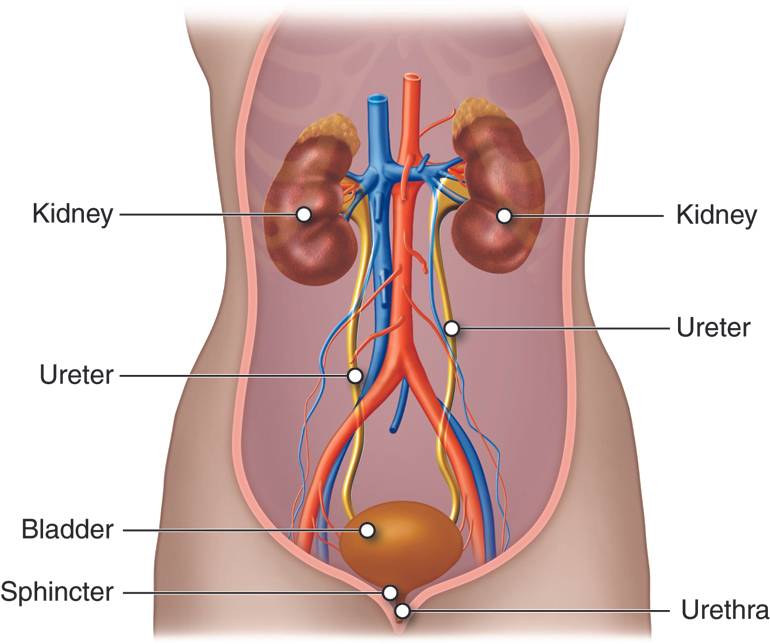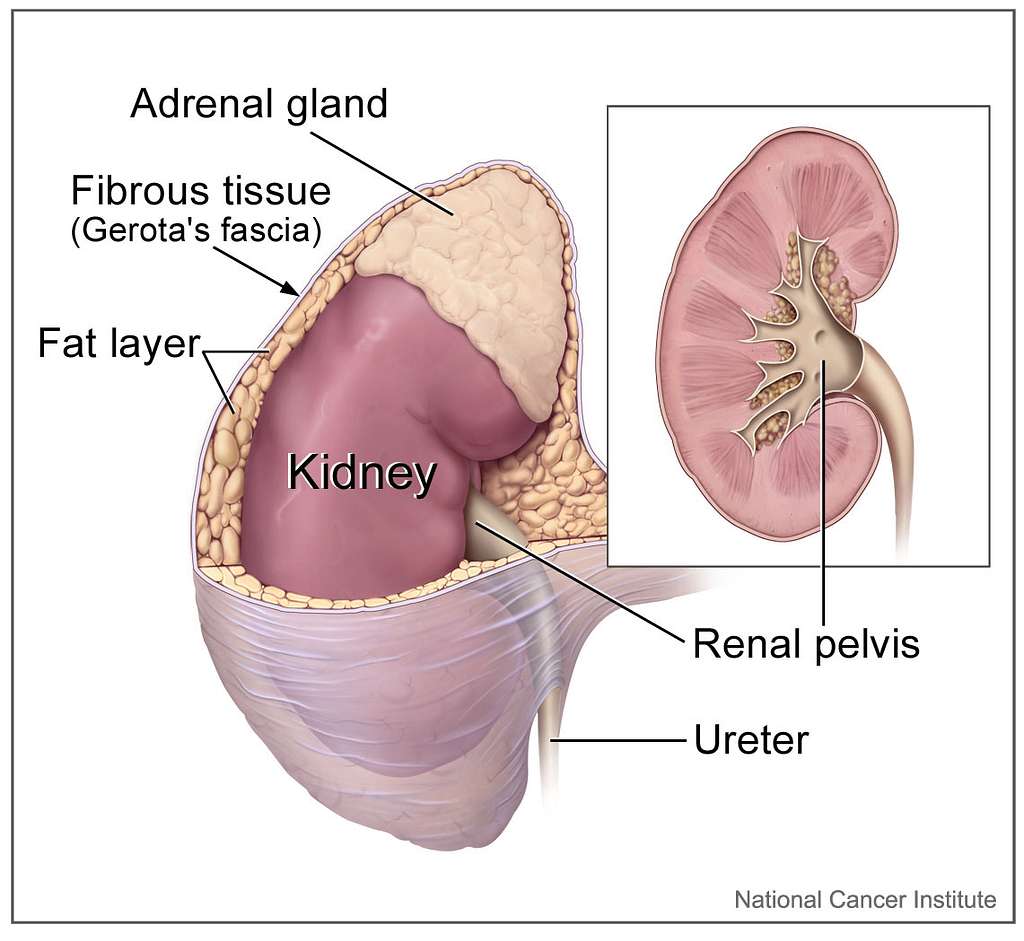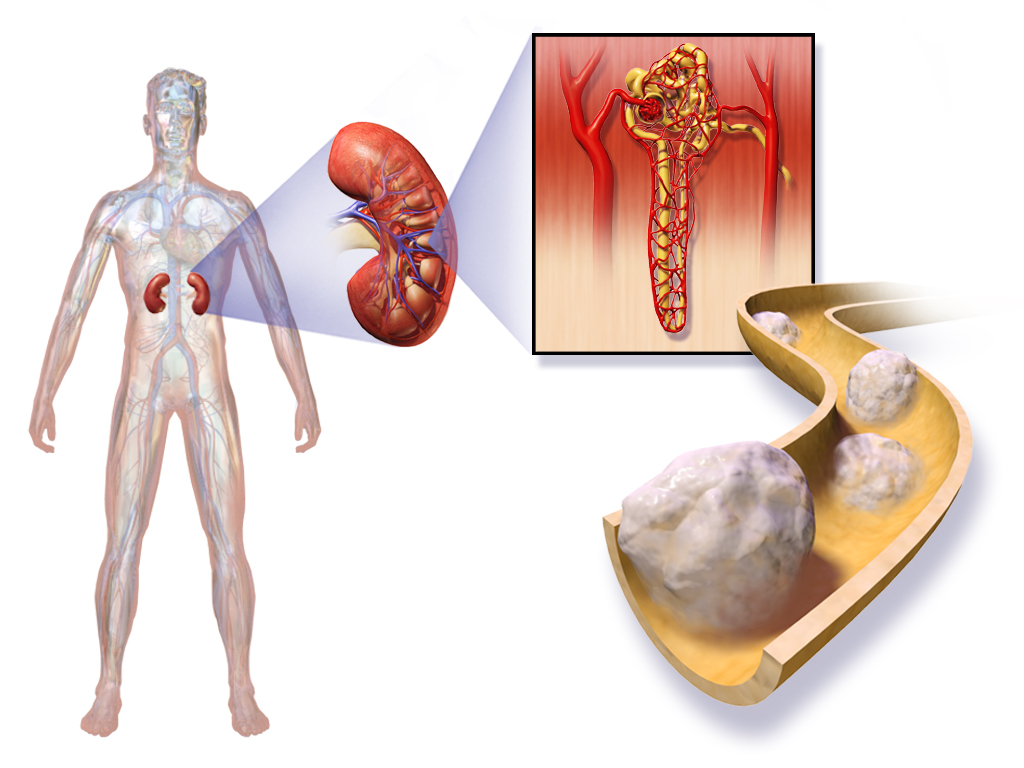Recent advances in kidney cancer treatment have significantly enhanced patient outcomes through innovative approaches such as personalized cancer vaccines, precision medicine, and minimally invasive techniques.
Personalized Kidney Cancer vaccines
An unprecedented development in kidney cancer therapy is the advent of personalized cancer vaccines. Researchers at Yale Cancer Center have created vaccines tailored to the unique genetic profiles of individual tumors.

The initial trial involved nine patients with advanced kidney cancer, with all participants remaining cancer-free for nearly three years following treatment. These vaccines work by training the immune system to specifically target and eliminate cancer cells while sparing healthy tissue. The promising results from this small group have paved the way for larger clinical trials to validate efficacy.
Precision medicine and targeted therapies
Precision medicine has revolutionized kidney cancer treatment by using genetic and molecular profiling to tailor customized therapies. Targeted therapies, such as tyrosine kinase inhibitors (e.g., sunitinib, pazopanib), inhibit specific pathways that facilitate tumor growth and metastasis. This approach not only increases treatment effectiveness but also reduces adverse effects compared to traditional chemotherapy. By focusing on specific genetic mutations within a patient’s tumor, precision medicine provides a more personalized and effective treatment strategy.
Minimally Invasive Surgical Techniques
Advances in surgical technology have led to the adoption of minimally invasive procedures such as robotic-assisted surgery in kidney cancer care. These techniques help achieve greater precision in tumor removal, reduce blood loss, and shorten recovery times.

Additionally, ablative methods such as cryoablation and radiofrequency ablation provide alternatives to traditional surgery by destroying tumors through freezing or heating, respectively. These minimally invasive options are particularly beneficial for patients who may not be ideal candidates for traditional surgery for other health reasons.
Collectively, these advances underscore a shift in kidney cancer care toward more personalized and less invasive treatment modalities, leading to improved survival rates and quality of life for patients.



